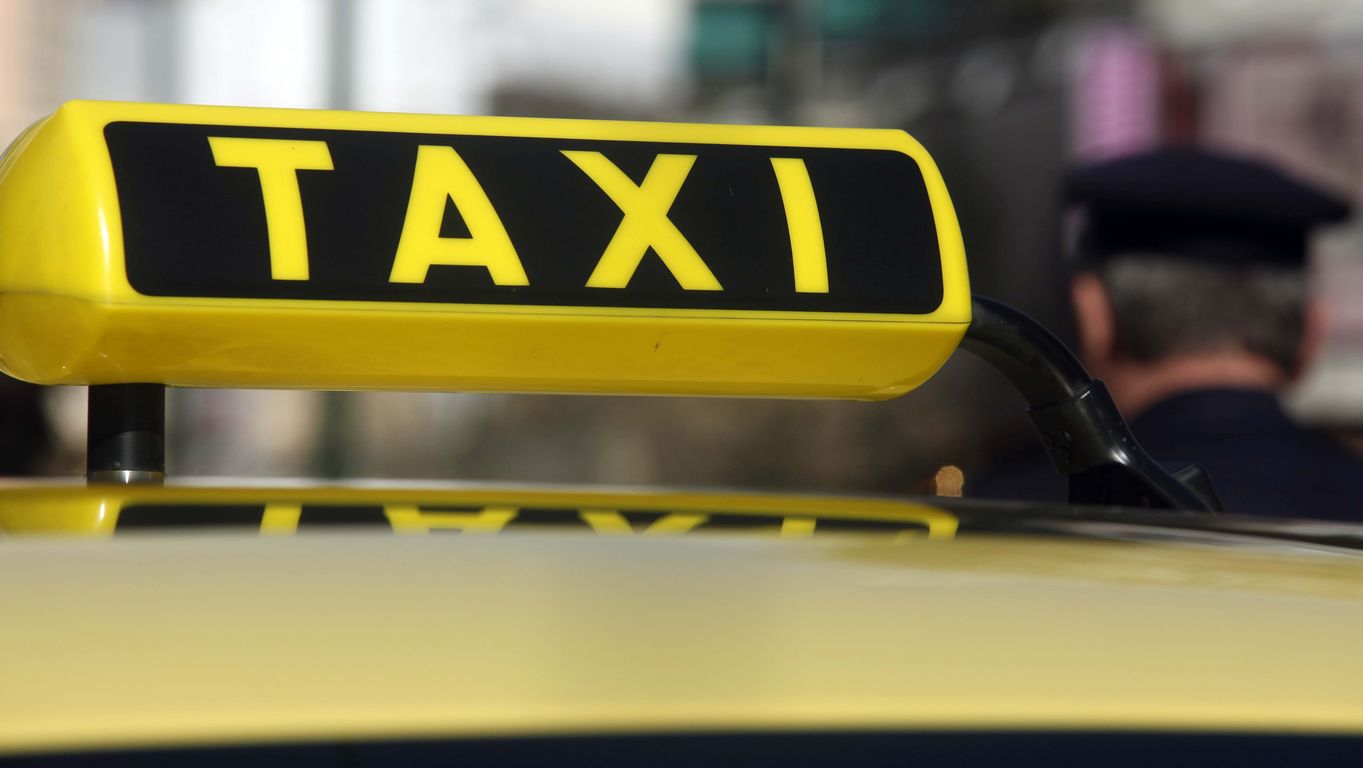
Next Monday, January 9th, the submission of applications for joining the “Green Taxis” action, aimed at promoting electrification in the fleet of taxi vehicles, will begin.
The action meets the strong reservations of the trade union leadership of the taxi industry, which declares that “professional drivers are not negative to the transition to electric mobility, but they are reacting to the haste with which the government is trying to implement it”.
In particular, through the program of the Ministry of the Environment, with a budget of 40 million euros, it is estimated that approximately 2,000 old and polluting taxis will be replaced with new purely electric ones. With the new program, taxi owners are given the possibility of a subsidy for the purchase or leasing of a purely electric vehicle, as well as for acquiring, optionally, the installation of a “smart” recharging point.
The subsidy (ecological bonus) amounts to 40%, with the maximum amount reaching 17,500 euros and the mandatory withdrawal of a taxi vehicle being rewarded with 5,000 euros. Special care is also taken for the disabled, families with three or more dependent children and young people up to 29 years of age, with a separate surcharge for each category.
With applications to be submitted on the online platform https://prasinataxi.gov.gr, which will be operational from January 9, beneficiaries of the program are all owners of taxi vehicles category EUR05 and older, based on the registration permit. Those who own 100% of the vehicle’s registration license are considered owners, while in the case of more than one share holder on the license (co-owners – co-owners), the application is submitted by all the beneficiaries.
What is being subsidized
Each beneficiary is entitled to purchase or lease a pure electric car with zero CO2 emissions (BEV) per license, subject to the withdrawal and destruction of the old vehicle.
The start date of the eligibility of the expenses is 1 December 2021, from which the expenses related to the advance payment for the order of the vehicle are excluded. For pure electric (BEV) taxis the subsidy amounts to 40% of the retail price before taxes, with a maximum amount of 17,500 euros, with mandatory withdrawal rewarded with 5,000 euros. The purchase of an “intelligent” electric vehicle recharging point, for installation in a domestic environment or in a company parking lot with private access, is subsidized with 500 euros. “Through the “Green Taxi” program we are helping 2,000 professional drivers by supporting each of them with 22,500 euros, in order to replace their old vehicle with a new, purely electric one,” noted the Minister of Environment and Energy, Kostas Skrekas.
SATA reacts
The president of the Taxi Drivers Union of Attica (SATA), Thymios Lymberopoulos, speaking to “NEA” yesterday, said that “it is a program, which is implemented with carelessness and great haste, just to show some that Greece is promoting the “green energy” in Transport ahead of the rest of Europe”.
“Professional drivers are not negative to the transition to electric mobility, but they are reacting to the haste with which the government is trying to do it,” says Lymberopoulos, underlining that “while Greece is promoting the mandatory electrification of taxis from the end of 2026 , Germany sets a corresponding transition limit to electrification in 2035!”. The “Green taxis” program, says Thymios Lymberopoulos, concerns only 2,000 taxis in Athens, while 28,000 taxis throughout Greece are left out! “On the other hand, there is no proper charging infrastructure. A taxi can’t work like that. What will I say to the customer who asks me to transfer him from the KTEL bus terminal of Kifissos to Sparta? “Wait an hour for me to charge the vehicle?”, says Lymberopoulos meaningfully, posing additional questions, such as:
- How many and in which taxi stations are there today chargers for charging purely electric taxis?
- How many taxi owners have their own garages to be able to install chargers?
In addition, the president of SATA also refers to the high cost of electric taxis, which as he says “is prohibitive for many owners”. As he explained, an electric taxi currently costs at least 40 to 50 thousand euros, while the subsidy will rise to 22,000 euros. This means that the owner will have to put in another 30,000 euros from his pocket and if he does not have this money he will have to borrow it, with the bank retaining ownership of the taxi. In addition, in 5-6 years, another 15,000 euros will be needed to replace the battery. “We are talking about a lot of money verbs, which does not exist. And this is the main reason why I estimate that there will not be the expected participation in the program of the Ministry of the Environment”, explains the president of SATA and adds: “For the rental vehicle sector, the subsidy reaches 120 million euros, while the mandatory transition to electrification was set for 2030. On the contrary, for taxis the subsidy amounts to only 40 million euros and the limit for the mandatory application of electrification falls in 2026. This says a lot…”.
Latest News

German Ambassador to Greece Talks Ukraine, Rise of Far Right & Tariffs at Delphi Economic Forum X
Commenting on the political developments in his country, the German Ambassador stressed that it was clear the rapid formation of a new government was imperative, as the expectations across Europe showed.

Athens to Return Confiscated License Plates Ahead of Easter Holiday
Cases involving court orders will also be excluded from this measure.

Servicers: How More Properties Could Enter the Greek Market
Buying or renting a home is out of reach for many in Greece. Servicers propose faster processes and incentives to boost property supply and ease the housing crisis.

Greek Easter 2025: Price Hikes on Lamb, Eggs & Sweets
According to the Greek Consumers’ Institute, hosting an Easter dinner for eight now costs approximately €361.95 — an increase of €11 compared to 2024.

FM Gerapetritis Calls for Unified EU Response to Global Crises at EU Council
"Europe is navigating through unprecedented crises — wars, humanitarian disasters, climate emergencies," he stated.

Holy Week Store Hours in Greece
Retail stores across Greece are now operating on extended holiday hours for Holy Week, following their Sunday opening on April 13. The move aims to accommodate consumers ahead of Easter, but merchants remain cautious amid sluggish market activity.

Green Getaway Ideas for Easter 2025 in Greece
Celebrate Easter 2025 in Greece the sustainable way with eco-farms, car-free islands, and family-friendly getaways rooted in nature and tradition.

Civil Protection Minister Details Summer Firefighting Plans at Delphi Forum
At the 10th Delphi Economic Forum, Minister of Climate Crisis and Civil Protection Yiannis Kefalogiannis discussed Greece's plans for the upcoming fire season.

How Shops and Markets Will Operate During Easter Holy Week
The Easter holiday schedule has been in effect since April 10, with retail stores open Palm Sunday, and most supermarkets also operating to meet consumer demand for Easter shopping

Why Is the French Aircraft Carrier Charles De Gaulle in Piraeus?
Docking in Piraeus after a four-month deployment in the Indo-Pacific region, the admiral of the aircraft carrier the Charles de Gaulle says, "Greece is our best partner in the Mediterranean."








































 Αριθμός Πιστοποίησης
Αριθμός Πιστοποίησης